Toolkit
The toolkit comprises the various oil spill response tools used by the response community in order to counter an oil spill. Selection of the appropriate tools for each specific scenario is guided by the Net Environmental Benefit Analysis (NEBA), which is used to select the best options to minimize impacts of oil spills on people and the environment.
-
 Net Environmental Benefit Analysis NEBAOpen/Close
Net Environmental Benefit Analysis NEBAOpen/CloseThe best scenario is to never have a spill. In the event that a spill occurs NEBA is a process put into place to minimize impact to the environment and the surrounding community.
Read More -
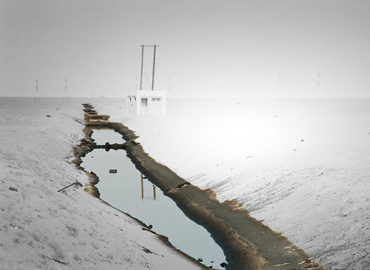 Berms / TrenchesOpen/Close
Berms / TrenchesOpen/CloseSpills on land can be contained for recovery by building berms or dikes in the path of the oil flow.
Read More -
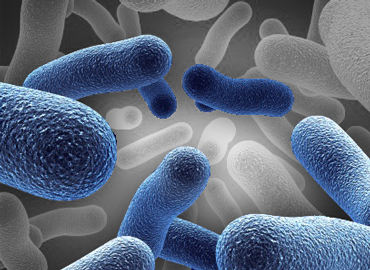 BioremediationOpen/Close
BioremediationOpen/CloseCertain portions of oil are biodegradable and as such, proper application of certain fertilizers can speed up this process as much as tenfold.
Read More -
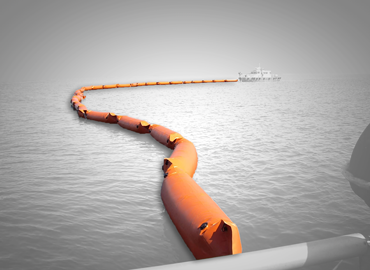 BoomsOpen/Close
BoomsOpen/CloseBooms are temporary floating barriers used to contain marine spills, protect the environment, and assist in recovery.
Read More -
 DispersantsOpen/Close
DispersantsOpen/CloseDispersants are chemical agents (similar to soaps and detergents) that help break up an oil slick into very small droplets.
Read More -
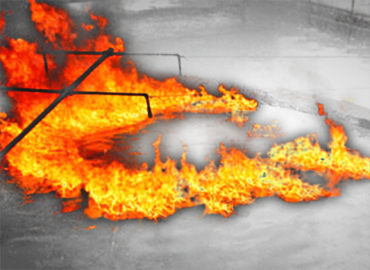 In-situ BurningOpen/Close
In-situ BurningOpen/CloseIn certain cases – usually in remote areas – it is possible to burn off spilled oil, eliminating large volumes of oil quickly and effectively.
Read More -
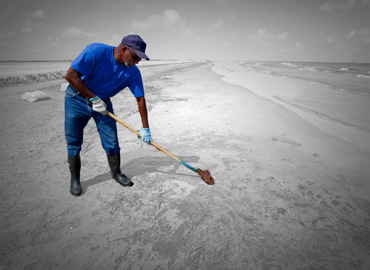 Manual RecoveryOpen/Close
Manual RecoveryOpen/CloseIn manual recovery, the most common method of shoreline cleanup, workers use rakes, shovels and other tools to remove oil and debris.
Read More -
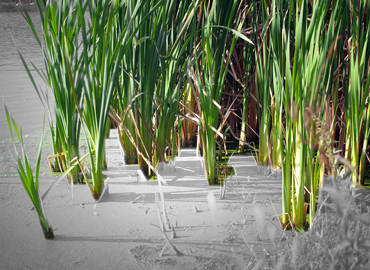 MonitoringOpen/Close
MonitoringOpen/CloseWhen the potential harm caused by a spill is less than the potential harm caused by attempts to remove it, spills are allowed to degrade naturally.
Read More -
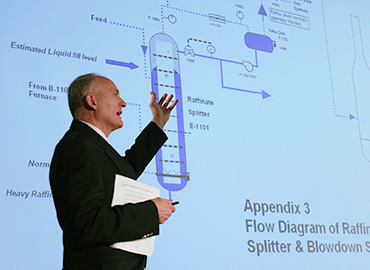 Principles of Oil Spill Preparedness and ResponseOpen/Close
Principles of Oil Spill Preparedness and ResponseOpen/CloseOil supplies for our way of life and drives our economy.
Read More -
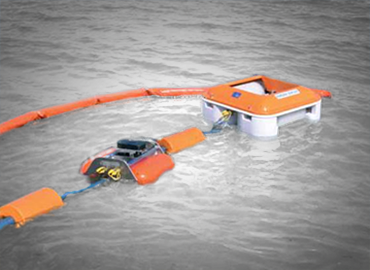 SkimmersOpen/Close
SkimmersOpen/CloseSkimmers represent a variety of mechanical equipment used to physically remove floating spills from the water surface.
Read More -
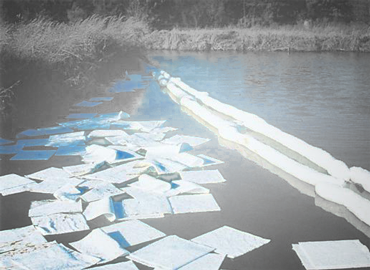 SorbentsOpen/Close
SorbentsOpen/CloseSorbents are materials used to absorb oil, and include peat moss, vermiculate, and clay.
Read More -
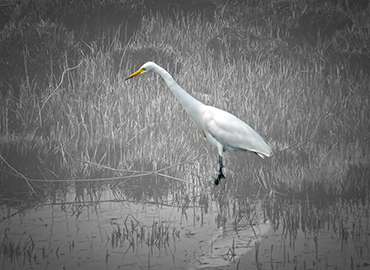 Wildlife CleanupOpen/Close
Wildlife CleanupOpen/CloseFollowing oil spills, certain wildlife may be collected for cleaning and treatment and then returned to the environment.
Read More

